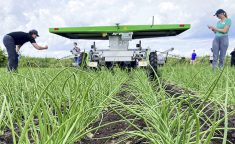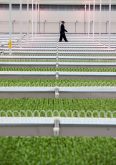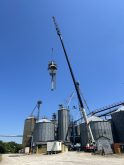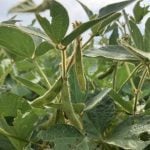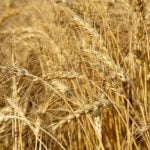One of the many current limitations of long-distance space travel is how to keep the people on those missions fed.
And although we’re nowhere near a Star Trek-style replicator that can create and serve up any dish or drink on command, Canadian companies are working on some innovative solutions that could also benefit those of us back on Earth.
Last fall, the Canadian Space Agency announced 10 Phase 1 winners of the Deep Space Food Challenge it is running in partnership with NASA. Future space travellers could be nourishing themselves with algae-based protein shakes, a scrambled egg-like food made of microbes, or even a bacon substitute based on mushroom mycelia.
Read Also
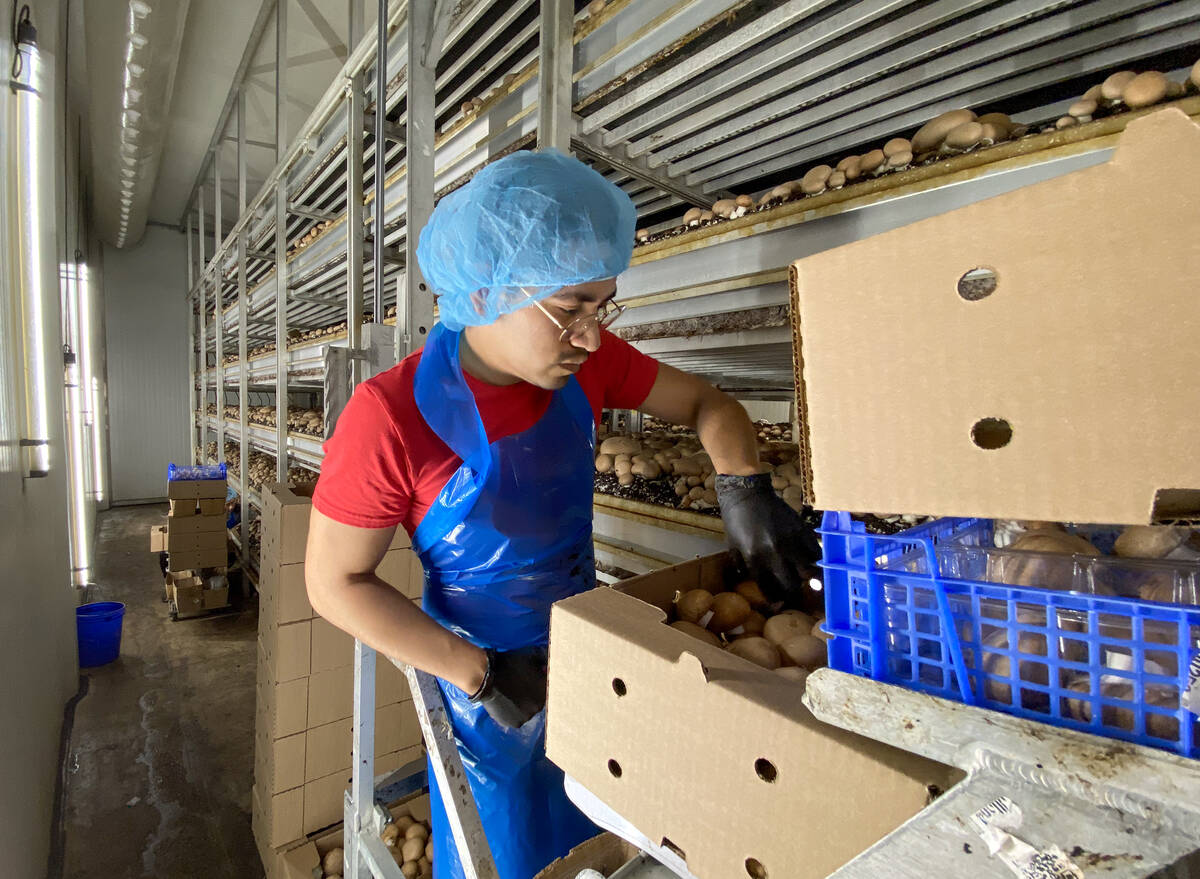
Ontario’s other economic engine: agriculture and food
Ontario Federation of Agriculture president, Drew Spoelstra, says Ontario’s agriculture and agri-food sector should be recognized for its stability and economic driving force.
Why it matters: Creating food production technologies that use as little water, energy or materials as possible not only benefits space exploration but can also be used to improve food security on Earth, especially in remote communities or harsh environments.
The selected companies each receive $30,000 for Phase 2 of the challenge, which means building a prototype of their solution and providing actual food samples they’ve produced. This fall, up to four finalists will be selected who will each be awarded $100,000 to grow and scale their solutions. The grand prize winner will be announced in spring 2024.
The challenge’s goal is to give Canada the food production capabilities it needs for long human space flight. Currently, astronauts living on the International Space Station receive regular supplies from Earth, but longer missions to Mars and beyond will have to make or bring – and dispose of – everything they need or use.
Peterborough, Ontario-based Noblegen is one of the Phase 1 winners of the challenge. The company uses a naturally occurring single-celled organism called Euglena-gracilis to produce nutrient-rich ingredients that can be used in food production. The company says the micro-organism is a richer source of the nine essential amino acids than other non-animal protein options and a good source of healthy omega-3 fatty acids.
Through minimal processing, Euglena can be used as a protein, source of beta-glucan or as a palm oil replacement.
“Its most important attribute is it evolved before the separation between plants and animals, and its proteins are the same building blocks that make up animal proteins,” noted Noblegen co-founder and CEO Adam Noble during a webinar last fall. “It can mimic the same nutritional value and functionality as animals but at an efficiency and scalability that animals can’t do.”
Noblegen’s entry into the Deep Space Food Challenge is the “Space Euglena Production System”, which aims to use microbes to turn human waste into food using Euglena. The system includes photosynthesis-like capabilities and energy-efficient bioreactors, both controlled by artificial intelligence.
Euglena is already the basis of a protein-rich flour, texturized protein and protein crisps, and an egg substitute that Noblegen has brought to market under its Eunite brand.
Algae also figure prominently in the solutions proposed by three other competitors in the challenge. McGill University’s InSpira Photobioreactor uses energy-efficient lighting to cultivate microalgae to produce an edible gel that can be eaten on its own or used as a food ingredient. AlgaBloom International Ltd. of Richmond, B.C. uses micro-algae to create foods with different nutrient profiles, flavours, and textures. The University of Waterloo is developing an innovative rack system that uses minimal water and energy to grow highly nutritious microalgae.
Growing more conventional food crops in space, like fruits, vegetables and mushrooms, is the goal of entries by PeaPod Technologies of Port Hope, Ontario, Ecoation Innovative Solutions Inc. of North Vancouver, and a team from the University of Guelph.
Two teams are proposing insect-based solutions. Maple Ridge, B.C.’s Canacompost Systems uses black soldier fly larvae and microbiota to produce nutrient-rich organic compost and animal protein, whereas a second entry from McGill University is looking to raise and process protein-rich crickets to support astronauts’ nutritional needs.
Concordia University has developed a yeast strain named AstroYeast that will help add nutrients and flavour to space food.



